As the chill of winter sets in, many beekeepers wonder how to best care for their hives during the colder months. Unlike the bustling activity of spring and summer, winter requires a different approach to ensure the health and survival of the bee colonies. Here are some key tasks and considerations for beekeepers during the winter season:
Winterizing the Hive
One of the most critical steps is to winterize the hive. This involves ensuring that the hive is well-insulated to protect the bees from the freezing temperatures. Beekeepers can use specialized winter wraps or place hives in shelters to shield them from harsh winds.
Monitoring Food Stores
During winter, bees rely on the honey and pollen stores they collected throughout the year. Regularly check the hive to ensure there are sufficient food supplies. If the stores are low, supplement with fondant or sugar syrup to prevent starvation.
Reducing Hive Ventilation
Proper ventilation is crucial to prevent moisture buildup inside the hive, which can be detrimental to the bees. Beekeepers should ensure that there is adequate ventilation without creating drafts. This can be achieved by using entrance reducers and upper ventilation holes.
Checking for Pests and Diseases
Winter is a time when pests and diseases can take a toll on the hive. Regular inspections and treatments for varroa mites and other common bee ailments are essential. Use this time to clean and repair any damaged equipment to maintain a healthy environment for the bees.
Reflecting and Planning
Winter provides an excellent opportunity for beekeepers to reflect on the past season and plan for the upcoming year. Review records, evaluate the performance of the hives, and make necessary adjustments to management practices. This is also a good time to order new equipment and supplies for the next season.
Continuing Education
The slower pace of winter offers beekeepers a chance to expand their knowledge. Attend workshops, read books, and engage with the beekeeping community to stay updated on the latest techniques and research. This continuous learning will help improve hive management and productivity.
Maintaining Equipment
Use the winter months to clean, repair, and prepare beekeeping equipment for the next season. This ensures that everything is in good working condition when spring arrives, allowing for a smooth start to the active beekeeping period.
Staying Connected
Engage with other beekeepers during the winter. Sharing experiences, tips, and advice can be incredibly beneficial. Join local beekeeping associations or online forums to stay connected and support one another through the off-season.
In conclusion, while winter may seem like a quiet time for beekeepers, it is a crucial period for ensuring the health and vitality of bee colonies. By taking proactive measures and staying vigilant, beekeepers can help their hives thrive through the winter and emerge strong in the spring.










